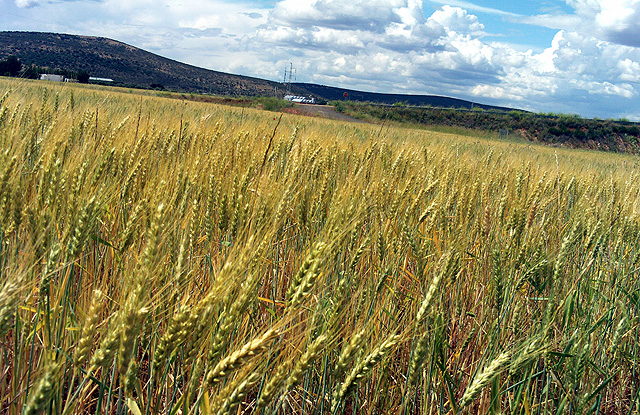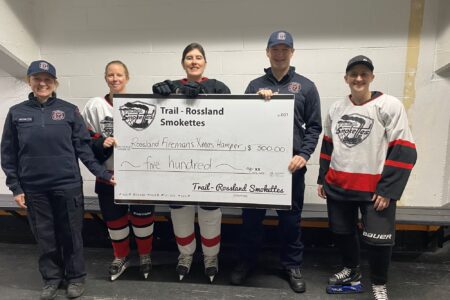Regional district looks to create regional food policy council
The seed of a food policy for the entire Central Kootenay region has been germinated at the regional district board level.
The Regional District of Central Kootenay (RDCK) board of directors has supported in principle a proposed development by the Columbia Basin Rural Development Institute, Interior Health and the BC Food Systems Network to create a regional food policy council, according to its last meeting on Sept. 17.
In addition, the RDCK is expected to collaborate with the Regional District of East Kootenay to investigate the implementation of their respective agricultural plans and look to developing a business case and work plan for an agricultural liaison officer for the Kootenay and Columbia Basin region.
Many knowledgeable people in the Central Kootenay communities are already networking and working to build sustainable local food sources, said Area A (Wynndel/East Shore Kootenay Lake) director Garry Jackman, so to throw the weight of the board behind the movement seemed an obvious decision.
“This will continue whether or not local government sets food policies, but I believe local government can assist with coordination and, to some degree, with land use policy,” he said.
The ad hoc regional food policy council recently asked the RDCK board for a letter of support and, if feasible, a small cash donation toward project costs. The letter was approved by the board, with potential funding to follow once the respective boards came to a decision on the financial end of the spectrum.
Abra Brynne said, in a letter to the board, that a regional food policy council would be an important next step for the region. Most recently, several board members and RDCK staff participated in the Smart Funding for Food Systems event at which the formation of a regional food policy council was the key recommendation.
Jackman agreed noting recent agricultural studies pointing to a need.
“Over the past several years I understand the level of support through the province has declined or has become more remote and less hands on,” he said.
“But, given our mild climate, relatively long growing season and increasing demand for both niche market and farmers market products, I believe there is a strong future for agriculture. If a regional food policy can assist in any way, either by clarifying land use, supporting a coordinator role or assisting with grants to leverage other funding sources, then we need to examine the potential further.”
The ad hoc council already had commitments in place from the City of Nelson and the Interior Health Authority.
“The Real Estate Foundation has also invited a proposal from our region to fund the creation of such a council,” she said.
The proposal was submitted by the Rural Development Institute. The core of the proposal is to develop a West Kootenay-wide food policy council and to utilize the lessons learned in the process to help other rural-based local governments do the same.
The proposed activities would include:
- Engaging local governments in discussions about what a food policy council is and can do;
- Determining the mandate, scope, size and relationship with local governments for this regional food policy council;
- Creating the actual council, which will include determining its make-up, who fills the positions and what the appointment process looks like;
- Developing the terms of reference, identifying short, medium and long term priorities and work plans, drawing on the many relevant documents and organizations in the region;
- Capturing the lessons learned and unique considerations and factors for rural-based food policy council creation; and
- Exploring core funding mechanisms for the council over the long term.
The proposed budget for the council would be in the range of $50-$75,000 for a year long project where most of the funds will go to staff to do the research, outreach, co-ordination and report writing, with some money for meetings, travel and materials.
The majority of the budget could come from Real Estate Foundation funds — a philanthropic organization set up to transform land use attitudes and practices through innovation, stewardship and learning — if the group is successful in its grant bid.
That funding decision will be made in December and if positive, it is anticipated that the project would run for the 2016 calendar year.
























